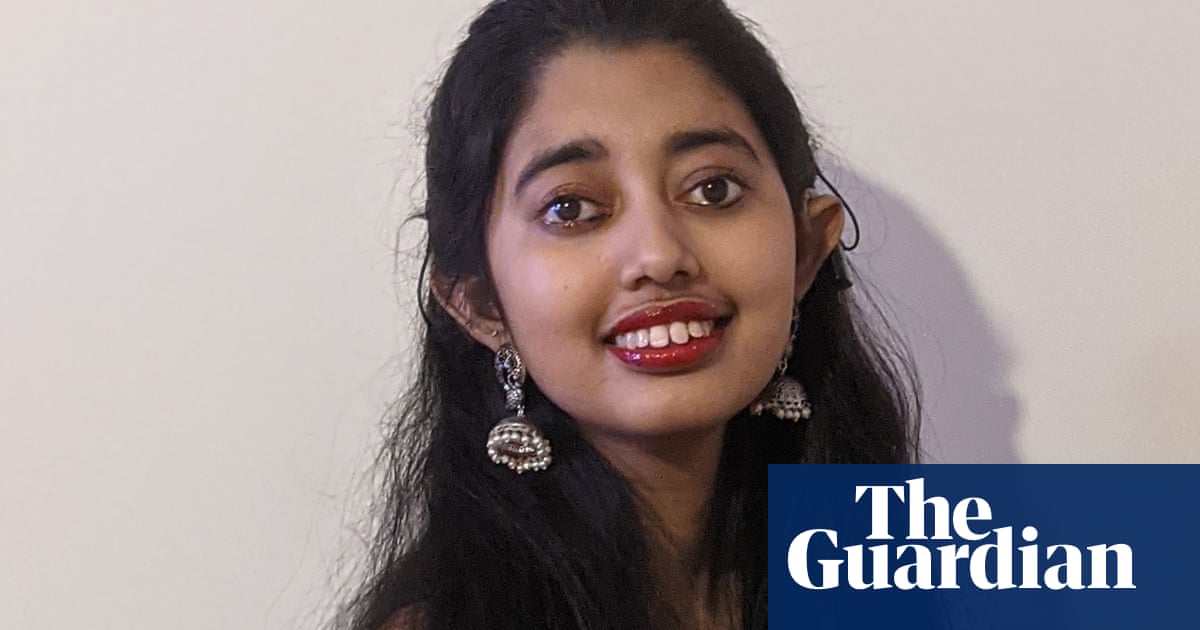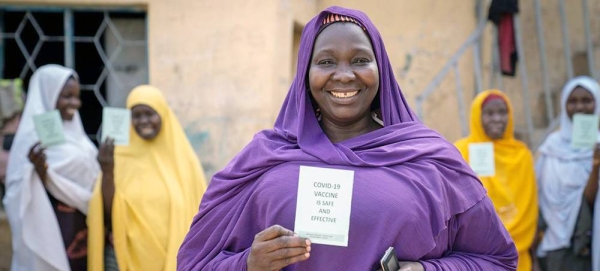
Lebanon’s main problem today is one of trust. Even the banking crisis is a crisis of trust, as no one is willing to put any money into the country and no one wants to deal with Lebanon. When meeting with officials in Western and Arab capitals, one gets the impression they have written Lebanon off from their books.
The international community looks at the current situation as a self-inflicted crisis. They are fed up with Lebanese politicians begging for help while they are not ready to put their house in order. Following the various positive incentives and international donors’ conferences, such as CEDRE in 2018, the Lebanese political class did not make the effort to conduct any reforms. One European official once told me that working on Lebanon is like running on a treadmill: You exert a great deal of effort but remain in the same place.
The international community no longer believes that the Lebanese political elite is credible. This political class has also lost its ability to blackmail the international community with the issue of refugees. The world is standing firm on this issue. They are not funding the corrupt elite in order to buy their acquiescence. The international community is tired of dealing with Lebanon, but without its involvement the country cannot rise.
Today, as the legal period for the election of the president approaches (Sept. 1 to Oct. 31), the public discourse is about potential contenders. While the candidate of choice for the political elite is Suleiman Frangieh, electing him would ensure a total disconnect with the international community. Lebanon cannot elect a president who calls himself the “brother” of Bashar Assad and expect that the international community will embrace him as the choice of the Lebanese people.
The international community is struggling with Syria under the Assad regime as a narco-state. It cannot afford another state that is totally under the influence of the Syrian regime. Of course, Frangieh is a candidate of Hezbollah. Secretary-General Hassan Nasrallah alluded to this in a recent speech. However, it is not really in the group’s advantage to totally cut Lebanon off from the international community. Also, Hezbollah has been getting much of the blame for the plight of the country. Its own Shiite community has been suffering from the economic crunch, just like everyone else. If it insists on having its own candidate as president, it might have a big price to pay.
Maronite Patriarch Bechara Al-Rahi, meanwhile, has said that Lebanon needs a person who is equally distant from all the different parties so that they can reconnect Lebanon to the Arab environment and the wider international community.
On the other hand, Samir Geagea, the head of the Lebanese Forces, has advocated for army commander Joseph Aoun, who is not related to incumbent President Michel Aoun. Geagea clarified that he has personally never met the commander, but his performance shows that he is a person of the caliber required to take on this responsibility in such difficult times. Walid Jumblatt, the Druze leader, refused the idea of a military leader and said the country needs a civilian like Elias Sarkis, the president at the beginning of the civil war who prevented the country from collapsing.
Between all these different points of view, there is a consensus that the next president will have a big burden to carry. Their most important task will be to revive some sort of trust in Lebanon.
If Hezbollah insists on Frangieh and can get him elected in parliament — the pro-Hezbollah vote is cohesive while the opposition is fragmented — it can make sure the country will not get any support from the Arab Gulf. There is also the Israeli factor. Tel Aviv is very edgy over Hezbollah’s arsenal of precision-guided weapons. Prime Minister Yair Lapid has clearly said that Lebanon needs to rein in the group, otherwise Israel will do it.
Though the international community has lost confidence in Lebanon, it still has some faith in the Lebanese Armed Forces.
Dr. Dania Koleilat Khatib
Though the international community has lost confidence in Lebanon, it still has some faith in the Lebanese Armed Forces. In fact, the EU mission that monitored May’s parliamentary elections praised the armed forces for their role. Hence, Gen. Aoun is the only person that can bring confidence to the country. He is of equal distance to all the different parties internally and is respected internationally.
In this period, where the region is very volatile and Lebanon is on the verge of a confrontation with Israel, only the army commander can garner stability. However, this choice would face pushback from civil society parliamentarians who do not like the idea of having another general in the presidential palace. Their argument is that this is becoming the trend, following Emile Lahoud, Michel Suleiman and Michel Aoun, and would mean that every commander will have the ambition of being groomed as president. But despite their sound logic, they have to remember that politics is the art of the possible and today the main problem of Lebanon is one of trust. So, unless they elect someone who can inspire trust, it will not be long before Lebanon is written off entirely by the international community.
Dr. Dania Koleilat Khatib is a specialist in US-Arab relations with a focus on lobbying. She is co-founder of the Research Center for Cooperation and Peace Building, a Lebanese NGO focused on Track II.












